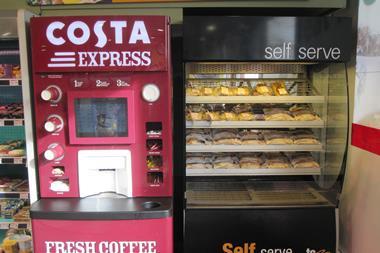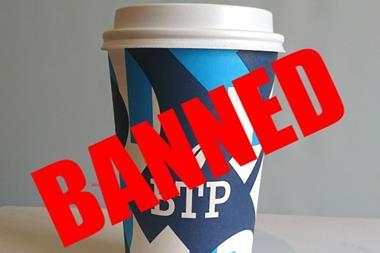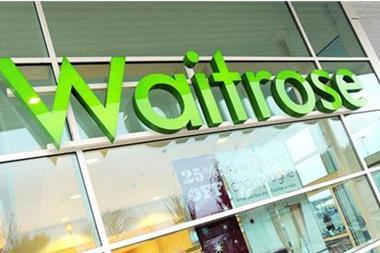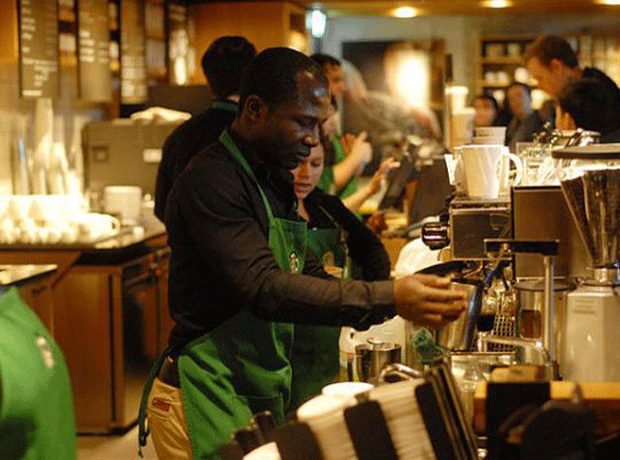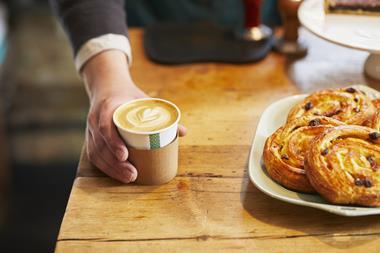Costa Coffee aims to recycle 500 million disposable cups per year

Costa Coffee has announced that it wants to start a ’cup recycling revolution’ by recycling the same volume of disposable cups as it sells by 2020.
By 2020, the company wants to recycle as many cups as it sells through its coffee shops
ALREADY HAVE A REGISTERED USER ACCOUNT? PLEASE LOG IN HERE
To read the full story join the ConvenienceStore.co.uk community today!
Registration is quick and easy and provides access to:
- Unlimited ConvenienceStore.co.uk articles
- Our great range of newsletters
- Content you’ve saved for later via the ‘my library’ feature
And much more…




















